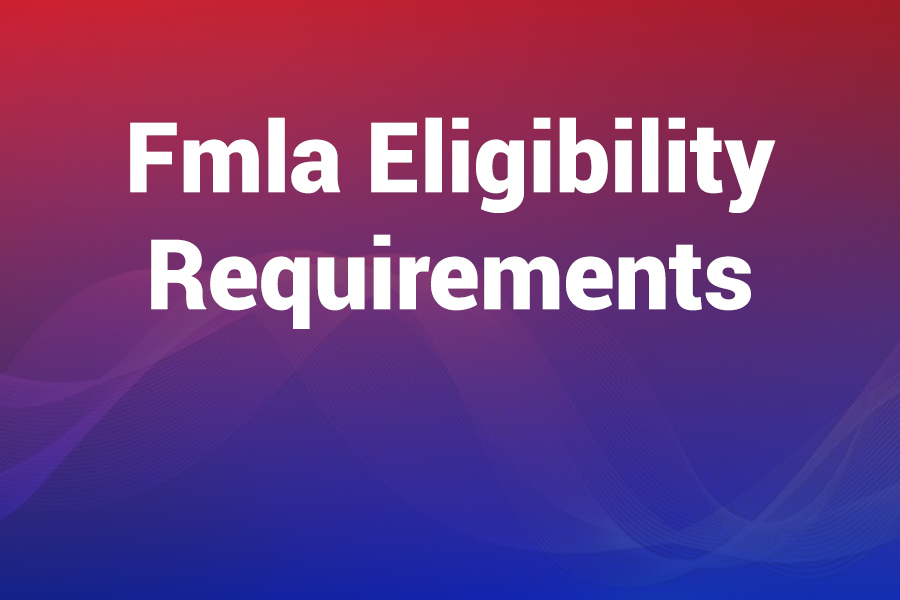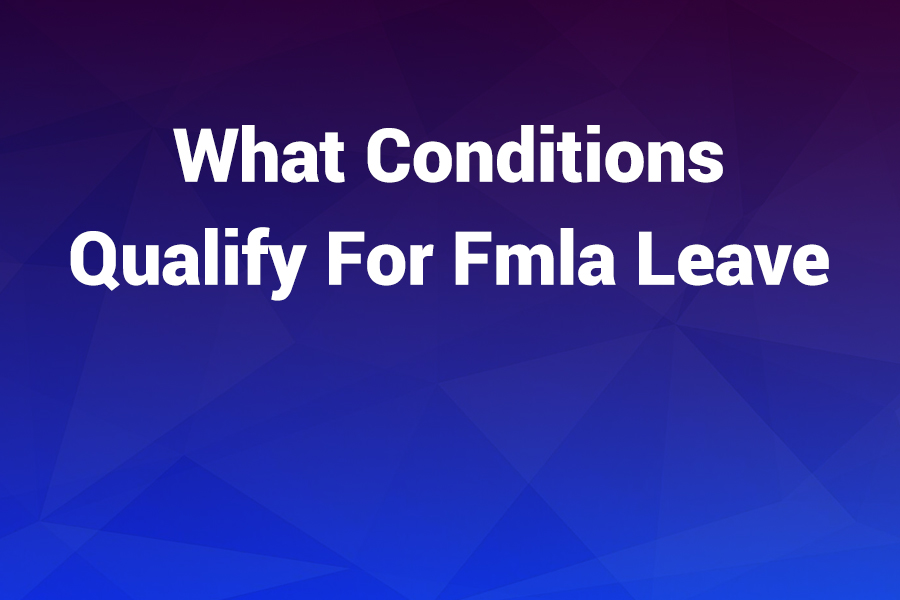California Probate Fees Calculator
Estimate attorney and executor fees based on California's statutory fee schedule
Extraordinary Fees (Optional)
Additional fees for services beyond standard probate duties
Court Costs & Additional Expenses
Estimated Probate Fees
Fee Breakdown
California Statutory Fee Schedule
- 4% of the first $100,000
- 3% of the next $100,000
- 2% of the next $800,000
- 1% of the next $9,000,000
- 0.5% of the next $15,000,000
- Court determined amount for estates over $25,000,000
Note: Both attorneys and executors are entitled to the same statutory fees.
What Are California Probate Fees?
Probate fees in California are the costs associated with the legal process of administering a deceased person's estate. These fees are set by California Probate Code and are calculated based on the gross value of the estate assets, not the net value after debts.
The two primary types of probate fees in California are:
- Statutory fees - Fixed percentages paid to attorneys and executors/administrators
- Court costs and expenses - Filing fees, publication notices, appraisal fees, etc.
Understanding these fees is crucial for estate planning, as probate costs can significantly reduce the inheritance received by beneficiaries.
How California Probate Fees Are Calculated
California Probate Code Sections 10800 and 10810 establish the statutory fee schedule for both attorneys and personal representatives (executors). These fees are calculated on a sliding scale:
- 4% of the first $100,000
- 3% of the next $100,000
- 2% of the next $800,000
- 1% of the next $9,000,000
- 0.5% of the next $15,000,000
- For estates valued over $25,000,000, the court determines a reasonable amount
Important: The estate value includes all assets subject to probate, even if they have outstanding loans. For example, a house worth $500,000 with a $400,000 mortgage is still valued at $500,000 for probate fee calculations.
Both the attorney and executor can each receive the full statutory fee, effectively doubling the cost.
Extraordinary Fees in California Probate
In addition to statutory fees, California Probate Code allows attorneys and executors to petition the court for "extraordinary fees" for services beyond routine estate administration.
Common extraordinary services include:
- Real property sales - Preparing documents, handling escrow, etc.
- Tax matters - Preparing estate tax returns, handling audits
- Litigation - Defending or prosecuting claims, will contests
- Business operations - Managing or selling a business owned by the deceased
Extraordinary fees are typically calculated based on hourly rates ranging from $300-$600+ per hour depending on experience and location. The court must approve all extraordinary fees, and detailed time records must be submitted with the petition.
These fees are in addition to the statutory fees and can significantly increase probate costs in complex estates.
5 Ways to Avoid Probate Fees in California
Given the potentially high cost of probate in California, many individuals implement estate planning strategies to avoid or minimize these fees:
- Revocable Living Trust - The most comprehensive way to avoid probate. Assets properly transferred to a living trust bypass the probate process entirely.
- Joint Tenancy with Right of Survivorship - Property held in joint tenancy passes automatically to the surviving owner without probate.
- Transfer-on-Death Deeds - California allows real property to be transferred via TOD deeds, which take effect upon death without probate.
- Payable-on-Death Designations - Bank accounts, investment accounts, and retirement accounts can be designated to transfer directly to beneficiaries.
- Small Estate Procedures - Estates valued under $166,250 (as of 2023) may qualify for simplified procedures that avoid full probate.
Each strategy has advantages and limitations. Consulting with an estate planning attorney can help determine the best approach for your specific situation and ensure proper implementation.
California Probate Timeline and Process
The California probate process typically takes 9-18 months to complete, though complex estates can take longer. Understanding the timeline helps set realistic expectations:
Initial Filing (1-3 months)
File petition for probate, publish notice to creditors, and attend initial hearing for appointment of personal representative.
Inventory and Appraisal (2-4 months)
Personal representative identifies all assets and works with court-appointed probate referee to determine values.
Creditor Claims Period (4 months)
Creditors have 4 months from appointment of personal representative to file claims against the estate.
Estate Administration (3-8 months)
Pay valid debts, file tax returns, sell assets if necessary, and prepare accounting.
Final Distribution (1-3 months)
File petition for final distribution, attend hearing, pay fees and taxes, distribute assets to beneficiaries, and close estate.
Factors that can extend the timeline include court backlogs, disputes among heirs, complex assets, tax issues, and property sales. Some counties in California have more congested probate courts than others, which can also affect timing.







